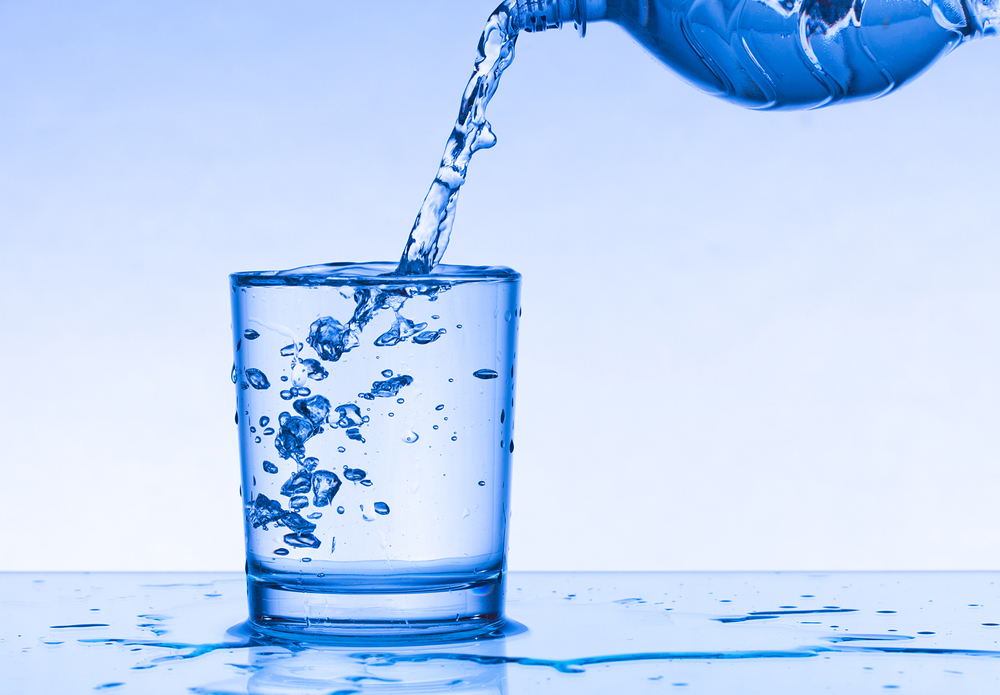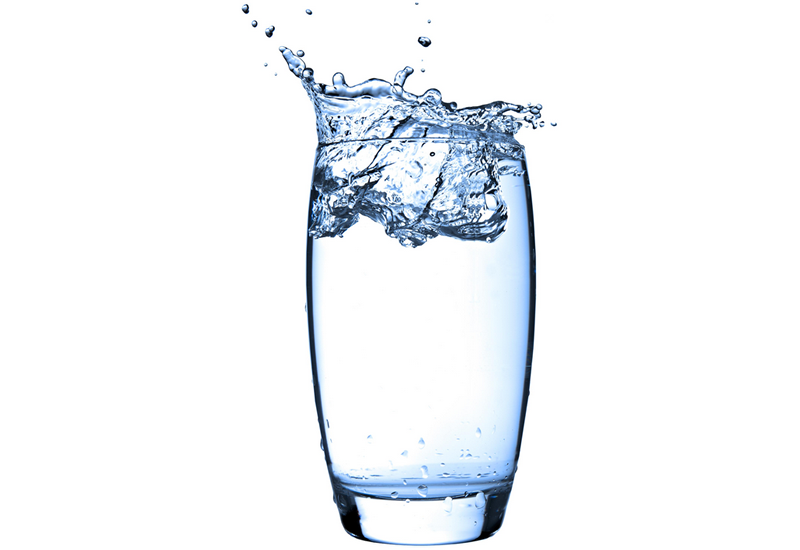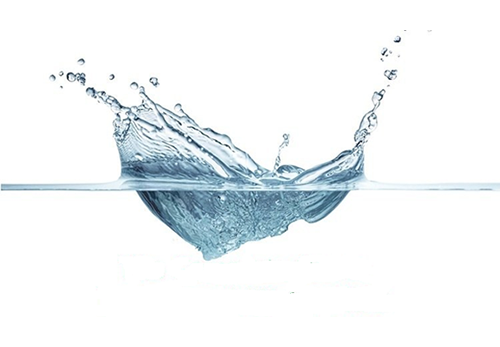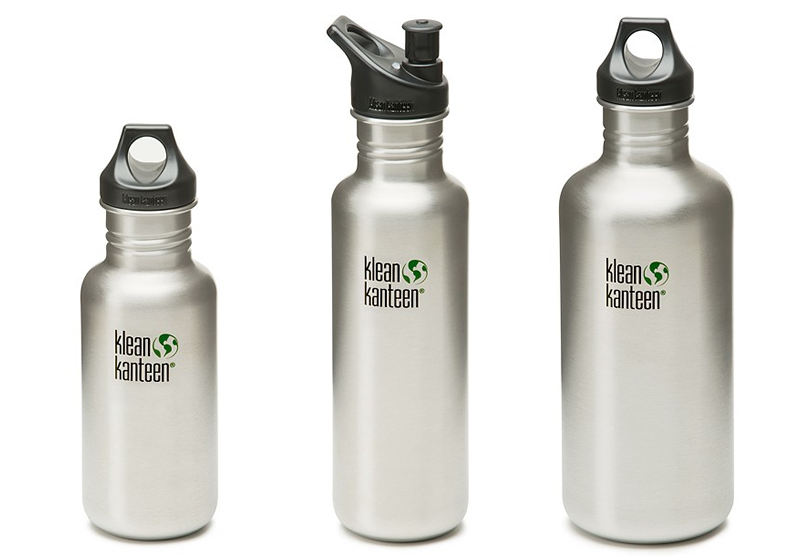| DBM COMMENTSThese articles are provided for educational purposes only. Some of the contents of these articles contain information that is NOT fully supported by DBM. Our programs recommend clean spring or tested borehole water. Even with a filter that allegedly removes chlorine from SA water, we still do NOT recommend you make use of this water for consumption or cooking purposes. There are a few brands of spring water in SA that are TRULY sourced from springs and are filtered and cleaned before bottling. Please make sure before sourcing bottled water that you know its origin and what TYPE of water it is.Chlorine filters – our offices requested proof of tests done by a certain high-profile company in South Africa in 2015. We have not as yet been provided with conclusive evidence that their water filters do in fact remove fluoride and chlorine. |
The basic foundation of health lays in answering this question. When I first tried to answer it myself, I began a quest that left me frustrated and bewildered. There are too many options! This article serves to demystify what kind of water you should drink.
I’m always asked, “What kind of water should I drink? Is my water filter adequate? Is tap water ok?” This issue has become increasingly complex.
Types of Water
Pure water is a type of “whole food.” Like other whole foods, when it is tampered with, water loses most of its precious healing properties. Water is tampered with any time one adds anything to it, filters it using anything except carbon, spins it, alkalizes it, or does other things to it.
These manipulations tend to ruin it, rendering it less healthy and hydrating. To clarify all the confusion, I’ve listed many different types of water or ways in which it can be tampered.
Spring Water
Is the only type of water you should drink. It’s okay if you drink other water occasionally, but try to make spring water most the water you drink. Spring water has been filtered by the earth in ways we do not completely understand, but which works better than any invented means of purifying water.
Another advantage is that it contains a wide variety of trace minerals that the human body desperately needs. Ideally, drink only spring water from remote places on earth. It will be freer from pollutants.
Artesian Water
This is spring water. Artesian water comes from a well that is dug in the earth. When the well is dug, the internal pressure from the hole causes the water to burst forth spontaneously form the well like a fountain. Artesian water comes from a well that taps a confined aquifer – a water-bearing underground layer of rock or sand in which the water level is above the top of the aquifer. Examples include the Fiji brand water.
Reverse Osmosis
This method involves passing water at high pressure through a plastic membrane with tiny holes in it. This is a common filtration method in many bottled waters as it produces very pure water. The dangers of RO water are that during the process of removing the impurities, RO also removes 92-99% of beneficial calcium and magnesium. In fact, the WHO has released a report stating that such water “has definite adverse influence on the animal and human organism”.
It is used in almost all home and commercial “drinking water” machines such as those in water stores, supermarkets, and health food stores. It is also used industrially in bottling plants for soda pop, soups, juices, beer and many other drinks. I bought a reverse osmosis alkaline water system for $1100 before I had done my research. Excited about my new purchase, I drank 10 glasses of water a day. I drank more and more, drinking ten glasses of water a day for weeks. But I was still thirsty! I never felt satiated. Then I read on Dr. L Wilson’s website that reverse osmosis water does not hydrate as well as spring water. I can certainly attest to this.
Since then, I have only drunk spring water and feel fully hydrated after 8 glasses a day. Reverse osmosis, sadly, is terrible for drinking. It does not matter if someone has added minerals back to it. These things cannot undo the damage to the water that occurs due to passing it through the plastic membrane.
Alkaline Water
Alkaline water has been ionized to increase its pH to between 8 and 10. Some believe that the health benefits of alkaline water are overstated, and that it has little to do with stabilizing or reducing acidity in the body, but is more of a marketing scam. A major issue with this kind of water is that there is not enough research conclusively showing the benefits exist. Even if many of the claims are true, the only people who really would benefit are individuals who have trouble keeping their body alkaline due to a bad diet, or people who have problems with their natural buffering systems. Alkaline water systems include the Jupiter, I-Water, Kangen, and others. Some devices pass tap water through a carbon filter, which does not remove many toxic metals and often does not even remove too many toxic chemicals because the water must move quickly through the filter. Then the water passes over electrified platinum and titanium plates to alkalinize it. Platinum is a deadly toxic metal, as is titanium. Some people find that they develop extreme platinum or titanium metal toxicity after using these machines. Because of this problem alone, I do not recommend these filters.
Some say alkaline water is beneficial because of its alkalinity (High pH-balance) and ORP (Oxidation Reduction Potential) that makes it an antioxidant. However, the antioxidant value only lasts 18-24 hours after it’s made. The higher pH will last approximately 1-2 weeks. The smaller molecule cluster size of its water will last about 1-3 months. Given these facts, bottling alkaline water makes no sense, because the health benefits are gone is such a short period. Don’t waste your money and don’t risk making yourself TOO alkaline.
Tap Water
Tap water contains heavy metals, fluoride, chlorine, medicines like antibiotics and antidepressants and hundreds of chemicals, many of which are not even measured or regulated. Fluoride causes many, many side effects, weakening bones and increasing your chance of developing osteoporosis and cancer, yet it’s added to almost every municipal water supply in the US. Drink it if you dare. Tap water, if unfiltered, often has too many toxic metals and chemicals in it to be good for drinking.
If tap water is filtered with only carbon, then it will hydrate the body and can be used for drinking, but is not usually as good as a high-quality spring water. Note that carbon can remove some chlorine, but not fluorides. Since city regulators do not monitor or filter for medications, there are hundreds of them in your tap water. Not a good idea to drink it.
Drinking Water
Drinking water comes from a municipal source, but is better known as tap water. Don’t bother paying for bottled drinking water that you can get out of your tap. The only bottled drinking water you should be using is from a reliable source direct from a spring. A good example of this is: Tsitsikamma Crystal water in SA.
Distilled Water
Distilled water has gone through a rigorous filtration process to strip it not only of contaminants, but any natural minerals as well. When water is distilled, by boiling it and condensing it, all solid matter is left except chemicals that were in the water.
Distilled water can be used for a few months to remove toxic metals and toxic chemicals from the body quite effectively. Drinking distilled water for longer than this, however, always results in vital mineral deficiencies.
Mineral Water
Mineral water contains no less than 250 parts per million total dissolved mineral solids and is defined by its constant level of mineral and trace elements at the point of emergence from the source. No minerals can be added to the water.
Sparkling Mineral Water
Yes, the fizzy kind. But what makes it fizzy? This type of water contains the same amount of carbon dioxide that it had when it emerged from its source. Sparkling bottled waters may be labelled as sparkling drinking water, sparkling mineral water, sparkling spring water, etc. Examples include Perrier and Pellegrino.
Well Water
Well water can be fine, but often it is contaminated. This is especially the case if one lives in a location that was ever used for industry or agriculture. Even if your location is pristine, wells can easily become contaminated, especially with minerals such as iron and manganese. Make sure that you have your well water tested REGULARLY.
Bottled Water
Bottled water pollutes the environment and is often nothing more than tap water. Always recycle! Environmental Working Group, a consumer watchdog, analysed 173 bottled water products to determine if companies disclose information on where water comes from, how or if their water is treated, and whether the results of purity testing are revealed.
The non-profit also looked at how effective and advanced the water treatment methods were that were used on the bottled waters. Consumers have the right to know where their water comes from and what’s in it so they can make informed choices that affect the health of themselves and their families. Tap water is regularly tested but that is not case with bottled water, which is not required to disclose that information to consumers. For this reason, bottled water is often no better than tap water.
Functional Water
Slick marketing campaigns have managed to turn an essential part of your diet into a pure disaster. We now have an ever-widening array of flavoured water, “zero calorie” water, and so-called “enhanced” or “functional” water products on the market. Avoid them all.
Typically, they will add artificial sweeteners and artificial coloring. These enhanced water products, if they don’t contain aspartame, contain enormous amounts of sugar and fructose, adding to the many health problems caused by both excessive fructose consumption and genetically engineered ingredients.
Here’s a detailed video explaining the types of water: Don’t drink another drop of water until you see this!!
There is however some importance of taking into account the fact that our nutrients do NOT come from water, but rather from food, even though minerals from water
Having said this, we need to be aware that healthy water has four important criteria, that make it important for the body:
- Cleaned of harmful contaminants – including chlorine, fluoride, pharmaceutical drugs, metals (mercury, lead, arsenic), chemicals, bacteria and more
- Replenished with natural minerals – water filtration systems remove these minerals from the water; therefore, remineralisation is required to ensure the naturally occurring minerals are present. Drinking de-mineralised water can leach minerals from bones and teeth
- Alkaline pH Balanced – this ensures optimal health, water filter systems and contaminants typically leave the water acidic
- Great natural spring water taste – Great tasting water is fundamental to ensure proper hydration – when water does not taste good alternative beverages are typically selected.
Clean water is absolutely essential for all proper body functions, including skin and organ integrity, immune system balance, cellular respiration and repair, waste elimination, and longevity.
The primary purpose of clean water within the body is to transport nutrients to the cells and then transport waste byproducts to the eliminatory system. It is absolutely essential in maintaining the critical balance needed to support life. Yet this system, with its multiplicity of interrelated dependencies, can be grossly affected by minute traces of chemical toxins like chlorine.
1. Remove Toxic & Harmful Contaminants
Ensure that water is clean. The 1st step for healthy water is to ensure the water is clean which involves removing the toxic and harmful contaminants that are present in the water. Multi-stage filtering is required to ensure all the possible contaminants are removed.
- Sediment filtering – Removes silt, dirt, sediment
- Carbon Filtering – Removes chlorine and chemicals
- Membrane Filtering – Removes small contaminants – bacteria, pharmaceuticals, metals
Clean water is absolutely essential for all proper body functions, including skin and organ integrity, immune system balance, cellular respiration and repair, waste elimination, and longevity.
The primary purpose of clean water within the body is to transport nutrients to the cells and then transport waste byproducts to the eliminatory system. It is absolutely essential in maintaining the critical balance needed to support life. Yet this system, with its multiplicity of interrelated dependencies, can be grossly affected by minute traces of chemical toxins like chlorine.
2. Replenish The Natural Minerals In The Water
The 2nd step for healthy water is to replenish the natural minerals in the water.
- Water naturally has beneficial minerals including: calcium, magnesium, sodium & potassium
- The levels of natural minerals are reduced in water due to the the piping and distribution process, from exposure to contamination, and from the water being taken away from natural mineral sources in rivers and streams.
- The key to creating “Healthy water” is by removing the contaminants while retaining the beneficial minerals
- Higher amounts of minerals in drinking water lowers heart disease and cancer mortality rates
- According to Dr. John Sorenson, a leading authority on mineral metabolism, “Minerals in drinking water are more easily and better absorbed than minerals from food.”
- Drinking water with higher amounts of minerals results in lower heart disease and cancer mortality rates.
- The drinking water in the 100 largest cities in the US were found to have 10% to 25% reduction in the amount of cancer deaths if the drinking water had a moderately high level of minerals, and if the water had an alkaline pH
3. Alkaline PH Balanced
The 3rd step for healthy water is to ensure the pH is balanced to a healthy alkaline level.
- Healthy alkaline pH level for drinking water is between 7.5 and 9.5.
- Alkaline water helps to neutralize stored acids and helps eliminate toxins
- Mineral, alkaline water can help the body maintain an ideal pH which some believe helps resist disease and slow the aging process
Symptoms of a pH imbalance:
- low energy – fatigue
- excess weight
- poor digestion
- aches and pains
- other serious disorders
Several research studies have demonstrated the presence of chemical carcinogens in surface, ground water, and municipal treated drinking water. However, often overlooked are the beneficial properties in drinking water that can help protect us from diseases such as cancers – natural minerals and alkaline pH.
Water that contains natural minerals and alkaline pH is associated with lower mortality from heart disease and cancer, and overall health. The drinking water in the 100 largest cities in the US were found to have 10% to 25% reduction in the amount of cancer deaths when the drinking water had a moderately high level of minerals and had an alkaline pH (above 7.0).
4. Natural Spring Water Taste
The 4th step for healthy water is to ensure the water has a great natural spring water taste.
- The human body consists of 70% water
- The human brain consists of 85% water
- Proper hydration is required for a healthy body
- Proper hydration is more likely with great tasting water of spring water quality
So if you want to have the peace of mind of knowing the water you drink is the best water possible for your health,








